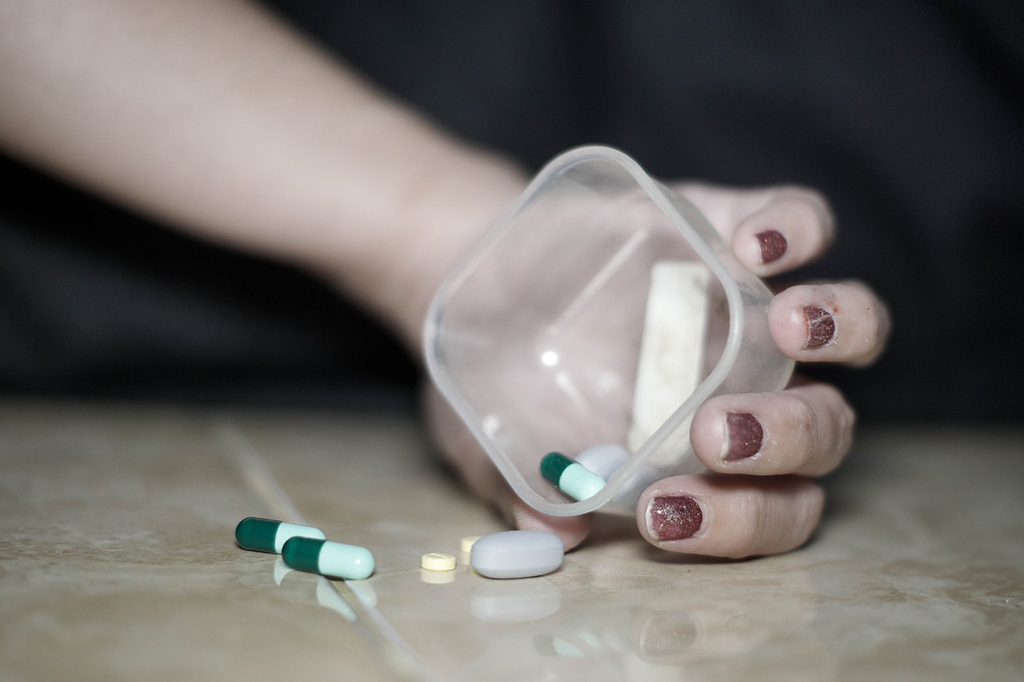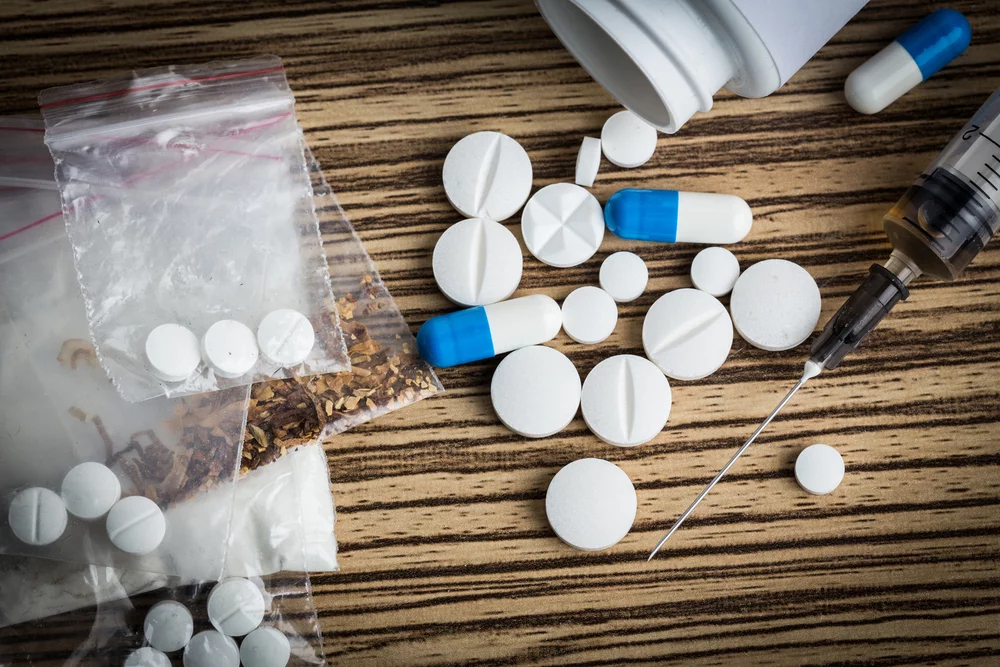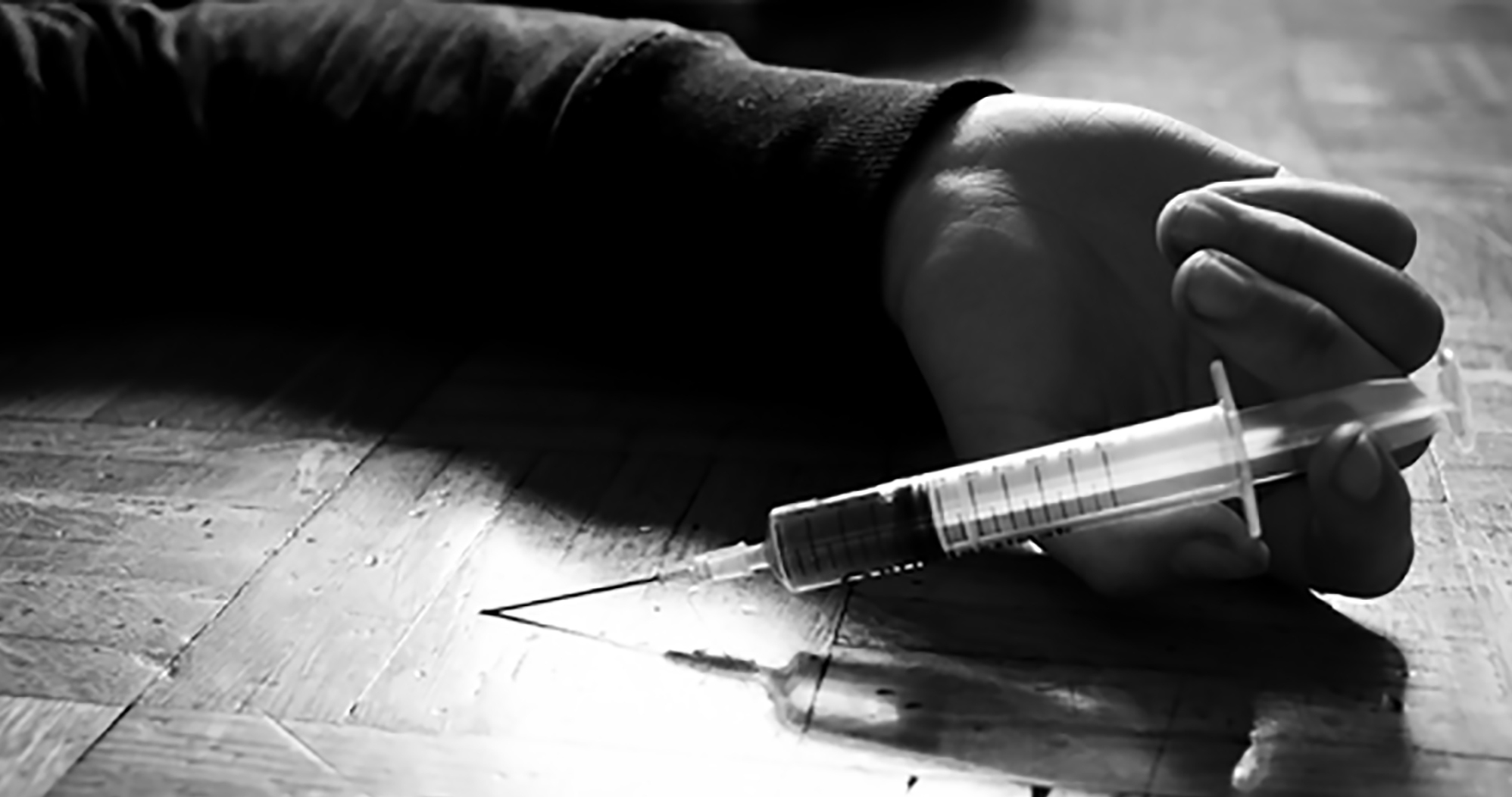Recovery can’t begin without detox. Anyone who has struggled with addiction may have spent years fearing withdrawal. Withdrawal symptoms can range from unpleasant to painful, or even life-threatening, depending on the substance. Unfortunately, there’s no way to avoid detox, but detoxing under expert medical supervision can minimize the danger and discomfort and improve your chances of a successful recovery. Here’s how.
The Pain of Detox is a Major Cause of Relapse
Every substance causes slightly different withdrawal symptoms. The intensity of the symptoms varies depending on how long and how heavily you have used the substance. It also depends on the individual. Most people find detoxing from short-acting opioids like heroin extremely painful. It’s often described as the worst flu you’ve ever had, with symptoms that include diarrhea, nausea, muscle and bone aches, shaking, sweating, and fever.
What makes it especially unbearable is that you know it all can stop if you only give up and use again. Detoxing from other drugs is usually not as bad as detoxing from opioids, but it can still be extremely unpleasant. Alcohol withdrawal, for example, may cause anxiety, irritability, shaking, sweating, insomnia, headache, nausea, and vomiting. Bad alcohol withdrawal may cause hallucinations or seizures.
Many people who try to get sober change their minds after a couple of days of withdrawal symptoms. It takes a real commitment and probably external accountability to persevere through a rough detox. Detoxing in a facility increases the likelihood that you will follow through. If you’re in a safe place, surrounded by medical staff and away from temptation, it’s much harder to relapse, even if you want to. Committing to medical detox beforehand will help you clear that first hurdle.
Detox Can Be Dangerous
As painful as opioid detox can be, it’s not often dangerous. The greatest danger is probably from dehydration because of diarrhea and vomiting. However, some substances have potentially fatal withdrawal symptoms. If you’re addicted to alcohol, benzodiazepines, or barbiturates it’s best to detox under medical supervision. Heavy use of these substances induces your brain to downregulate the inhibitory neurotransmitter GABA. GABA acts as a sort of dampener for your nervous system. When you quit using substances that enhance the function of GABA, you become vulnerable to seizures and hallucinations. In some cases, the seizures can be fatal.
What’s more, withdrawal symptoms can turn from mild to severe very quickly. Severe alcohol withdrawal, or DTs, usually start after two or three days, during which time you might only experience moderate withdrawal symptoms. These can escalate quickly. If you start experiencing confusion, racing heart, fever, or heavy sweating during alcohol detox, you should call an ambulance.
Detoxing in a facility is much safer for anyone addicted to alcohol, benzodiazepines, or barbiturates. Medical staff can monitor your symptoms and administer anti-seizure or antipsychotic medications if necessary. They can also monitor conditions such that might be worsened by high blood pressure and racing heart. Medical staff can also minimize risk of dehydration while detoxing from opioids or alcohol. If you are detoxing from benzodiazepines, you will probably have your dosage tapered slowly to minimize symptoms. Medical staff can manage the doses for you to prevent backsliding.
Medical Detox is More Pleasant
Some lucky people don’t have a bad time in detox. They may be irritable, have some trouble sleeping, nagging headaches, and so on. Most people with substance use issues will have some moderate to severe symptoms lasting as long as two weeks, and sometimes longer. While some degree of discomfort is unavoidable, a medical detox staff can help moderate some of the symptoms. People entering detox will often get an IV to help them rehydrate and restore healthy levels of vitamins and minerals. Addiction often leads to some degree of dehydration and malnutrition, so getting these back to normal levels will prevent some of the discomfort that’s only tangentially related to substance use.
They may also administer medications to make withdrawal symptoms less severe. These may be over-the-counter medications like imodium for diarrhea or benadryl for insomnia, or they may be stronger medications to prevent seizures and psychosis. If you are detoxing from opioids and intend to start medication assisted treatment, or MAT, you don’t have to detox all the way before starting methadone or Suboxone. Detoxing in a facility can help you transition to MAT much more quickly, saving you several days’ worth of painful detox.
It’s Hard to Take Care of Yourself When You’re Detoxing
If you are shaking, nauseated, anxious, and in general misery, it’s very hard to do simple things like make food and clean up. Unless you have a friend or family member looking after you, you might also be more vulnerable to accidents or escalation of symptoms. If you suddenly become disoriented, have a seizure, or a psychotic episode, you may not be able to call for help. If you detox in a facility, you will have someone watching out for you and taking care of the basics like making sure you have something to eat.
Not everyone needs medical detox, but if you’re addicted to opioids, barbiturates, meth, benzodiazepines, or if you’ve been drinking heavily for a long time, medical detox is often the safer bet than trying to detox alone.
If you or someone you love is struggling with addiction or mental illness, The Dawn Medical Rehab and Wellness center can help. We have a fully licensed medical staff that oversees detoxes 24/7, as well as a low client to staff ratio to insure you get individual attention. We are one of Thailand’s most respected addiction treatment and wellness centers. We use established, research-backed treatment modalities such as CBT and MBCT, as well as cutting-edge treatment modalities to provide personalized care to treat addiction, depression, anxiety, bipolar disorder, personality disorders, PTSD, and executive burnout. See our contact page to reach us by phone or email.
Related Posts
 Medical Detox: An In-Depth Guide
Deciding you have an alcohol or drug addiction and considering a medical detox is the first step towards taking your life back. The idea of quitting can feel overwhelming for...
Medical Detox: An In-Depth Guide
Deciding you have an alcohol or drug addiction and considering a medical detox is the first step towards taking your life back. The idea of quitting can feel overwhelming for...
 What You Need to Know About Opioid Withdrawal Symptoms, Detox and Treatment
Opioid addiction is becoming a global problem and is currently the primary cause of drug overdose in the U.S. Opioids such as morphine and codeine are synthetic drugs that cause the...
What You Need to Know About Opioid Withdrawal Symptoms, Detox and Treatment
Opioid addiction is becoming a global problem and is currently the primary cause of drug overdose in the U.S. Opioids such as morphine and codeine are synthetic drugs that cause the...
 Alcohol and Drug Detox: Why it is Unwise to Go Cold Turkey
You’ve finally reached a breaking point with your addiction and are on the cusp of going cold turkey – alone. Before you cut yourself off, make sure you know what...
Alcohol and Drug Detox: Why it is Unwise to Go Cold Turkey
You’ve finally reached a breaking point with your addiction and are on the cusp of going cold turkey – alone. Before you cut yourself off, make sure you know what...
 The Process of Heroin Detox : What You Should Know About Heroin Detoxification, Withdrawal and Treatment
Starting the healing process after heroin abuse requires the elimination of heroin in the body through a process called detoxification, or detox for short. This initial step in the treatment...
The Process of Heroin Detox : What You Should Know About Heroin Detoxification, Withdrawal and Treatment
Starting the healing process after heroin abuse requires the elimination of heroin in the body through a process called detoxification, or detox for short. This initial step in the treatment...





